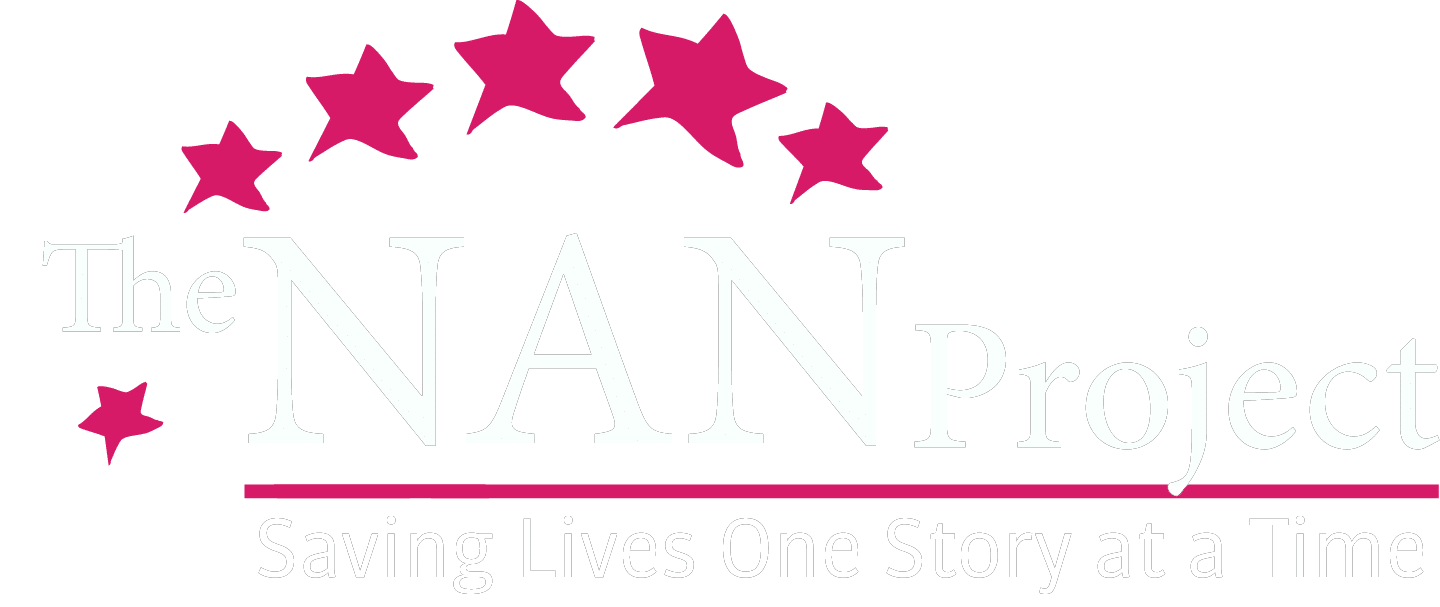News & Blogs
Who we are
Stay updated on everything going on with The NAN Project
Stephanie Moulton Symposium and QPR Trainings
Tabling in Beverly and Marion
Presentations to Andover High School
Presentations to 5th Graders at MLK Charter in Springfield
Presentations to George Keverian School in Everett
Mental Health 101 & Coaching Day
Presentations to Swampscott High School
Presentations to Saltonstall Middle School
Presentations to 200 Beverly 7th Graders
Presentation to Youth at Risk Conference
